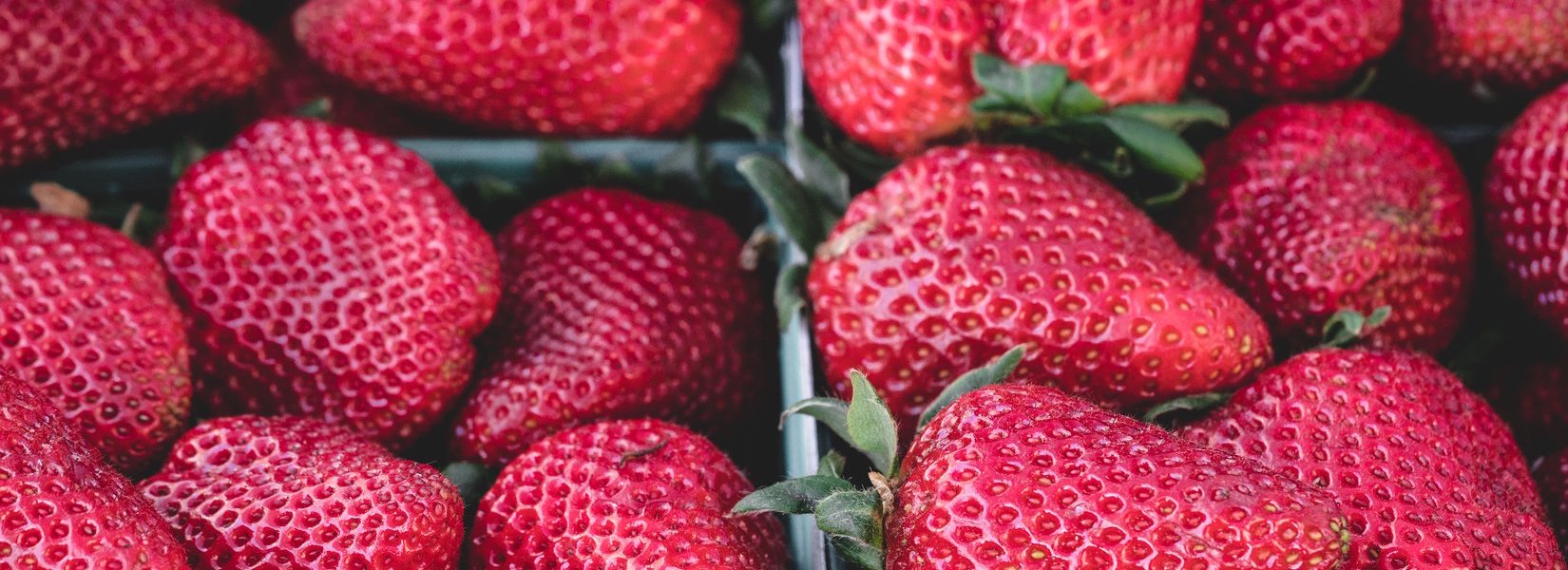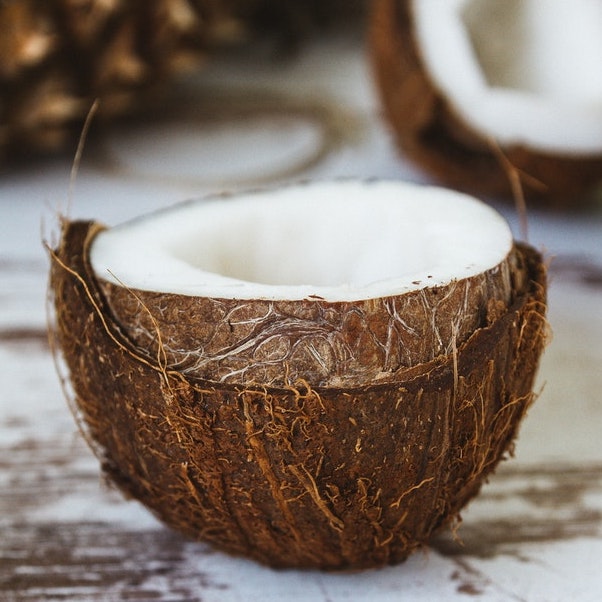The Environmental Working Group’s Shopper’s Guide to Pesticides in Produce has been my go-to source for choosing which produce foods to buy organic, and which to buy conventional. Year after year (since 2004), they’ve come out with updated “Dirty Dozen” and “Clean Fifteen” lists, and they just released the results for 2023.
The Dirty Dozen are the 12 top produce foods that tend to be most contaminated with pesticides. These are the ones I definitely recommend buying organic! The Clean Fifteen are the tested foods in produce that’ve been found to have the least pesticides, making them the “cleanest.”
Does buying organic really matter?
When it comes to the dirty dozen produce foods and others foods that are most commonly sprayed with pesticides, herbicides, and fungicides, YES! Consumption of the synthetic pesticide chemicals has been linked to everything from endocrine/hormone disruption, to infertility, birth defects, and cancer. It’s a good idea to reduce the body’s pesticide load wherever and whenever possible!
Not only are organic foods better for our health, but choosing organic is much better for the planet too.
Buying all produce organic ain’t easy on the wallet, so that’s where knowing the “dirty dozen” and “clean fifteen” comes in. Personally, I always try to buy the dirty dozen foods organic, but I give myself more leniency on the clean fifteen. For instance, I typically buy non-organic avocados, but the strawberries I buy are always organic.
It’s important to note that each one of the sampled produce foods were thoroughly washed and, when applicable, peeled prior to being tested. This means, that even washing and peeling didn’t remove the pesticide residue. When foods are grown with pesticides, the pesticides become a part of the food.
Produce to Buy Organic: The Dirty Dozen
Buy these 12 foods organic when possible. These are the ones tested to have the most pesticide contamination.
- Strawberries
- Spinach
- Kale, Collard and Mustard Greens
- Peaches
- Pears
- Nectarines
- Apples
- Grapes
- Bell and Hot Peppers
- Cherries
- Blueberries
- Green Beans
Cleaner Produce Foods: The Clean Fifteen
These produce foods have tested to be the least contaminated with pesticides.
- Avocados
- Sweet Corn*
- Pineapple
- Onions
- Papaya*
- Sweet Peas (frozen)
- Asparagus
- Honeydew Melon
- Kiwi
- Cabbage
- Mushrooms
- Mangoes
- Sweet Potatoes
- Watermelon
- Carrots
*Sweet corn and papayas are on the clean fifteen list, however, some sold in the United States are produced from genetically modified seeds. So, while they may not be contaminated by pesticides, they may contain GMOs. The Environmental Working Group suggests buying organic if you want to avoid GMOs.
Another thing to be aware of – the EWG Shopper’s Guide to Pesticides in Produce only cover produce foods. Raisins are considers a processed food because they are not in their original state. If they were considered a produce food, raisins would top the list for pesticide contaminated food! A very important thing to keep in mind if, like me, you have children who love raisins. Buy them organic!
Don’t forget about the foods in the “middle of the road.” Want to see the list in its entirety?
Here’s how all the tested produce foods ranked, from dirtiest (most pesticides) to cleanest (least pesticides).
- Strawberries
- Spinach
- Kale, Collard and Mustard Greens
- Peaches
- Pears
- Nectarines
- Apples
- Grapes
- Bell and Hot Pepper
- Cherries
- Blueberries
- Green Beans
- Tomatoes
- Winter Squash
- Celery
- Potatoes
- Cherry Tomatoes
- Lettuce
- Tangerines
- Cucumbers
- Broccoli
- Summer Squash*
- Plums
- Eggplant
- Raspberries
- Grapefruit
- Snap Peas
- Oranges
- Cantaloupe
- Bananas
- Cauliflower
- Carrots
- Watermelon
- Sweet Potato
- Mangoes
- Mushrooms
- Cabbage
- Kiwi
- Honeydew Melon
- Asparagus
- Sweet Peas (frozen)
- Papaya*
- Onions
- Pineapple
- Sweet Corn*
- Avocados
Some sweet corn, papaya and summer squash sold in the United States are produced from genetically modified seeds. The Environmental Working Group suggests buying organic if you want to avoid GMOs.
Sources:
https://www.ewg.org/foodnews/dirty-dozen.php



